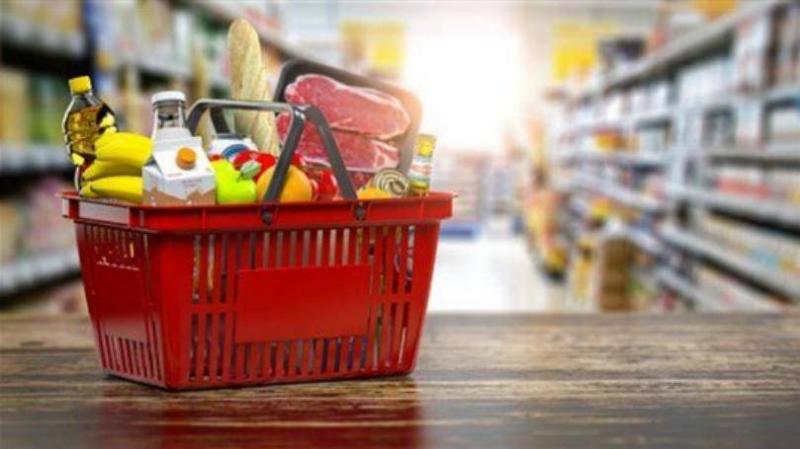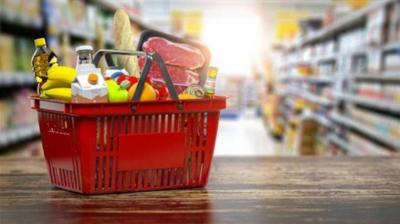In the era of increasing collapse and the difficult living conditions of the poorest and most vulnerable groups, it may be beneficial to focus some effort and attention in Lebanon on everything related to recycling and re-manufacturing, considering the savings or discounts it could provide. In Europe, for instance, there has been much greater interest in this field over the past year due to the impact of global inflation and the economic crisis on people's lives. The production of packaging and wrappers for consumer goods, both food and health-related, requires oil, whereas the prices of oil worry countries and industrial sectors, despite appearing stable. Many companies have allowed people to return bottles or jars—whether glass or plastic—to supermarkets, pharmacies, or various types of stores after consuming the product or medicine in exchange for money or discounts upon purchasing new items, provided that the container or jar is in good condition and suitable for cleaning, repacking, and redistribution in the markets.
So, where do we stand in Lebanon regarding this in these times of increasing hardship? Why are plastic, cardboard, glass, and other materials left "hostage" in waste containers or individual uses, where some citizens collect them from these containers and then sort them themselves before selling them to earn money? While some of those doing this may be poor (although there are others who are not, yet they collect and sell these materials), it is essential to organize recycling to establish it as a viable sector, starting from collection and sorting, to sale and remanufacturing, benefiting all needy groups without having to "submerge" into waste containers.
Former Minister Fadi Abboud emphasized that "recycling is very important in Lebanon and we must work on developing it, as it creates job opportunities and reduces spending on imports, especially concerning raw materials." He pointed out in an interview with the “Akbar Al-Yawm” agency that "we are building the largest factory in the region for recycling water bottles. However, we are unable to be part of a large competitive framework in this regard, as we suffer from issues in the energy sector in Lebanon. Recycling industries require a lot of energy and are considered energy-intensive industries."
Abboud called for "friendly legislation for recycling in the country as well. There are several laws that are not friendly to this domain, under strange interpretations given an environmental excuse. However, recycling industries are critically important, and they need the necessary legislation, tax exemptions, energy, and an acceptable electricity price to protect and enhance them." He added: "There must also be organization regarding the consumption of plastic bags in supermarkets or stores selling fruits, vegetables, and food items. Often, a single item is placed in a bag designed to accommodate five items. In addition, very heavy trays are used in some candy stores, for instance, where their weight alone contributes to reaching the desired weight of candy for the customer, without the customer receiving the exact quantity of candy they intended. These matters require attention and monitoring to organize the use and manufacturing of plastic materials and all that may be recycled correctly and according to their appropriate needs, with appropriate weights for the product or item, preventing fraud or waste."
He concluded: "There must be greater organization of everything related to recycling, with the promotion of a sorting culture in all supermarkets, allowing customers to earn money in exchange for that, which will encourage them to adopt these behaviors in this difficult situation."




